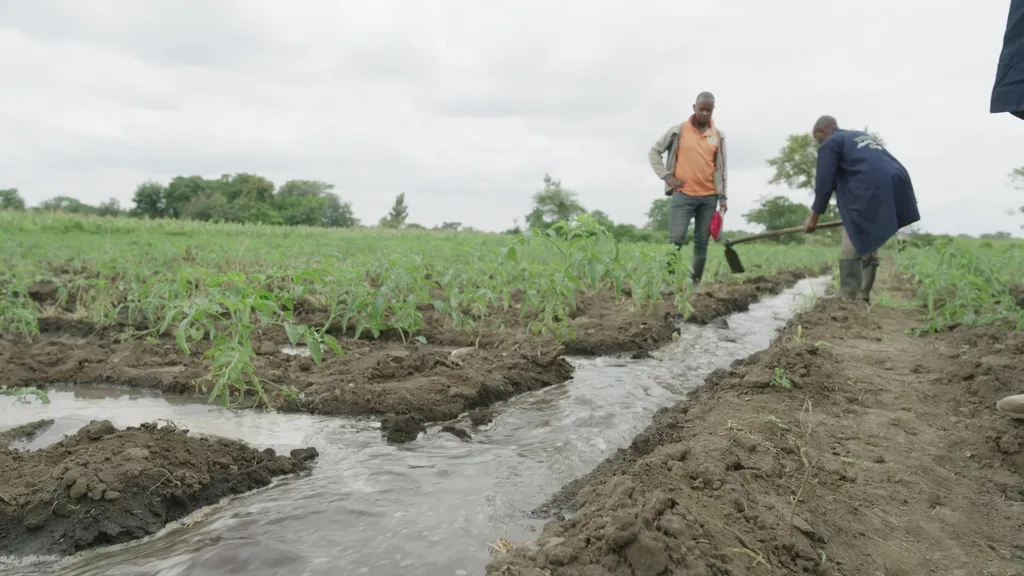In the face of escalating climate change, the agricultural sector is under immense pressure to adapt and innovate to safeguard soil health and ensure food security. A groundbreaking scoping review published in *Soil Security* (which translates to *Soil Security* in English), led by Eliakira Kisetu Nassary of Sokoine University of Agriculture in Tanzania, offers a comprehensive analysis of adaptive agricultural practices that could revolutionize climate-resilient farming.
The study, which screened 1,587 sources and analyzed 178 peer-reviewed articles, identified several key strategies that have shown promising results in enhancing soil functionality and productivity. Among these are cover cropping, organic amendments, reduced tillage, diversified cropping systems, agroforestry, and targeted nutrient management. These practices have been found to increase soil organic carbon by 8–25%, improve water retention and microbial activity, and support yield gains of 10–40% under climate stress.
“Healthy soils are the foundation of climate-adaptive agriculture,” said Nassary. “Our review underscores the critical role of integrated soil management practices in building resilience against the adverse effects of climate change.”
The findings are particularly relevant for climate-vulnerable regions, where agricultural productivity is often threatened by rising temperatures, unpredictable rainfall, and land degradation. By adopting these adaptive practices, farmers can not only enhance soil health but also secure their livelihoods and contribute to global food security.
Despite the documented benefits, the adoption of these practices remains limited due to economic constraints, knowledge gaps, and lack of enabling policies. The review highlights the need for integrated approaches that blend scientific research with local knowledge and context-specific management. “We need policies and incentives that support farmers in transitioning to more sustainable and resilient practices,” Nassary emphasized.
The implications of this research extend beyond the agricultural sector. For the energy sector, understanding and promoting climate-resilient agriculture can contribute to the development of sustainable bioenergy feedstocks. Healthy soils can enhance the productivity and sustainability of energy crops, providing a reliable source of biomass for bioenergy production.
As climate change continues to pose significant challenges, the findings of this scoping review offer a pathway toward more resilient and sustainable farming systems. By enhancing adaptive soil management, we can not only mitigate the impacts of climate change but also secure a sustainable future for agriculture and the broader ecosystem.
This research is a call to action for policymakers, researchers, and farmers to collaborate and implement these adaptive practices. The future of agriculture lies in our ability to adapt and innovate, and this review provides a crucial roadmap for achieving that goal.

